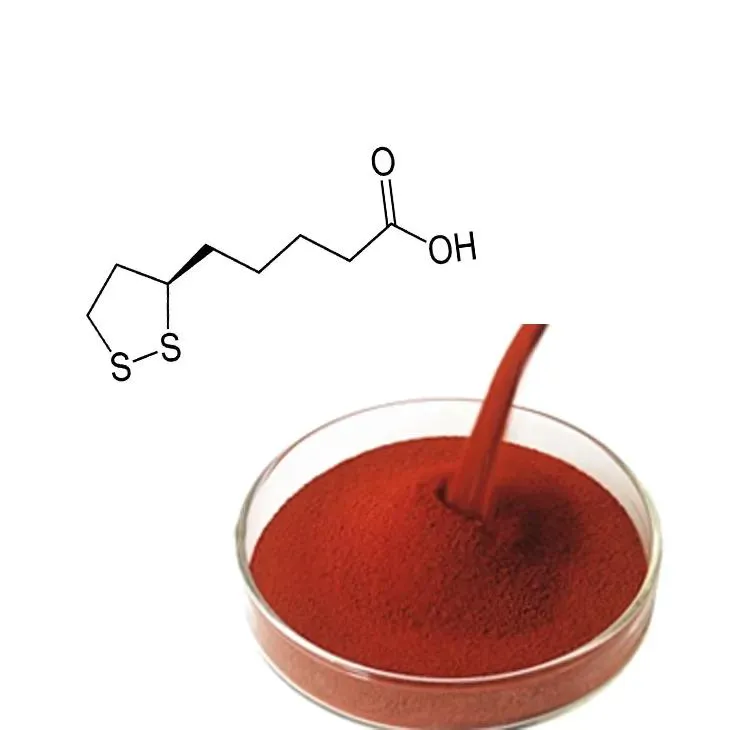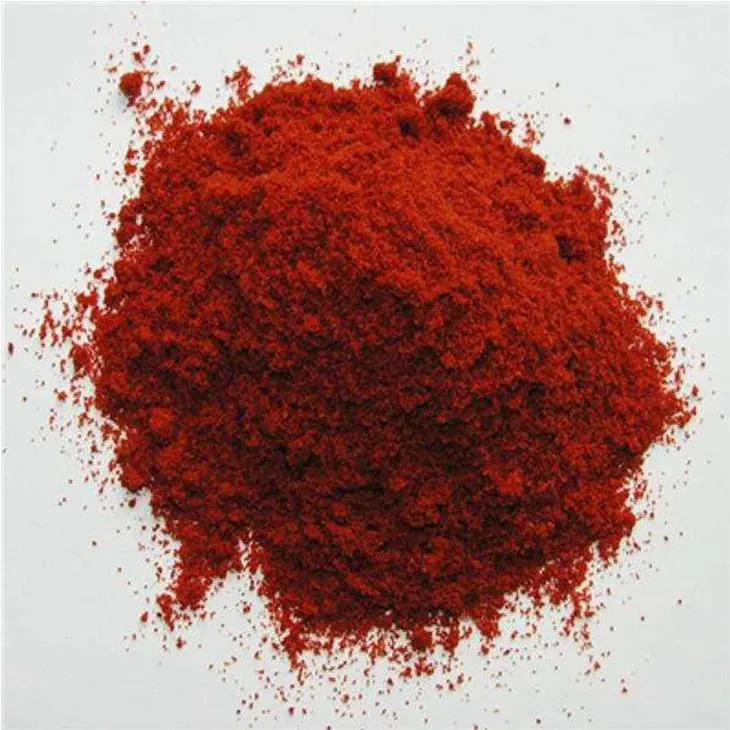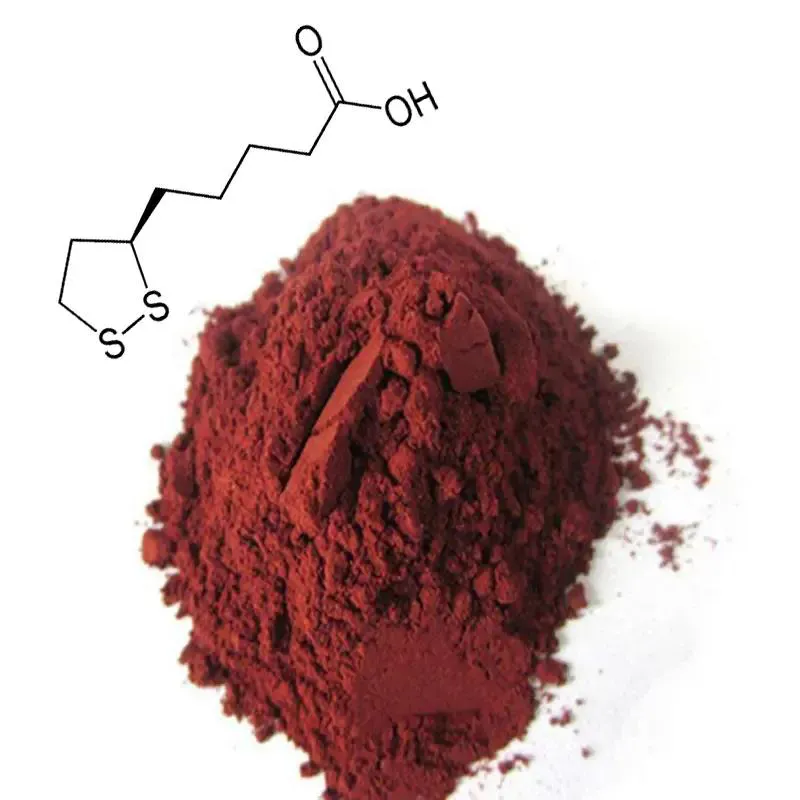- 0086-571-85302990
- sales@greenskybio.com
Chinese Astaxanthin Factories.
2024-11-29

1. Introduction
In recent years, Astaxanthin has gained significant attention in the global market due to its numerous health benefits and wide - ranging applications. In China, Astaxanthin factories are emerging as important players in the global Astaxanthin production landscape. This article will explore the various aspects of these factories, including their advantages, production processes, research collaborations, and market impact.

2. Advantageous Natural Resources and Aquaculture Base
One of the most notable features of Chinese astaxanthin factories is that they benefit from China's rich natural resources and a large - scale aquaculture base.
2.1 Rich Natural Resources
China is geographically diverse, with a wide range of climates and ecosystems. This diversity provides a rich source of organisms that can be used for astaxanthin extraction. For example, certain types of microalgae are natural producers of astaxanthin. These microalgae can be found in various water bodies across China, such as lakes and coastal areas. The availability of these natural sources gives Chinese factories an edge in obtaining raw materials for astaxanthin production.
2.2 Large - scale Aquaculture Base
China has a massive aquaculture industry. Aquaculture species such as shrimps and salmon are important sources of astaxanthin - containing raw materials. The by - products from these aquaculture operations can be effectively utilized by astaxanthin factories. For instance, the shells and waste parts of shrimps often contain astaxanthin. This not only provides a stable source of raw materials but also helps in waste reduction and resource recycling within the aquaculture - astaxanthin production chain.

3. Investment in Modern Manufacturing Facilities and High - tech Extraction Techniques
Chinese astaxanthin factories are making significant investments in modern manufacturing facilities and high - tech extraction techniques, which are crucial for their competitiveness in the global market.
3.1 Modern Manufacturing Facilities
These factories are equipped with state - of - the - art production lines. The facilities are designed to ensure high - quality production in a hygienic and efficient manner. For example, they have advanced fermentation tanks for culturing astaxanthin - producing microorganisms. These tanks are equipped with precise temperature and nutrient control systems, which optimize the growth conditions of the microorganisms. This, in turn, leads to higher yields of astaxanthin.
3.2 High - tech Extraction Techniques
In terms of extraction techniques, Chinese factories are using innovative methods. Supercritical fluid extraction is one such technique that is being increasingly adopted. This method uses supercritical fluids, such as carbon dioxide, to extract astaxanthin from raw materials. It has several advantages over traditional extraction methods. It is more environmentally friendly as it reduces the use of organic solvents. Moreover, it can achieve a higher purity of astaxanthin extraction, which is essential for high - quality product production. Another technique is enzymatic hydrolysis, which can selectively break down the cell walls of raw materials to release astaxanthin more effectively.

4. Collaborations with International Research Institutions
Chinese astaxanthin factories are actively collaborating with international research institutions, which is a strategic move to enhance their product quality and expand the application range of astaxanthin.
4.1 Improving Product Quality
Through collaborations with international research institutions, Chinese factories can access the latest research findings on astaxanthin production. For example, they can learn about new strains of astaxanthin - producing microorganisms that have higher productivity or better quality characteristics. By incorporating these new strains into their production processes, they can improve the quality of their astaxanthin products. Additionally, research institutions can provide expertise in quality control and standardization, ensuring that Chinese - produced astaxanthin meets international quality standards.
4.2 Expanding Application Range
International research collaborations also help in exploring new applications of astaxanthin. Astaxanthin has potential applications in various fields such as cosmetics, pharmaceuticals, and food supplements. By working with research institutions, Chinese factories can conduct joint research projects to develop new astaxanthin - based products. For instance, in the cosmetics industry, astaxanthin can be used in anti - aging creams due to its antioxidant properties. Through research collaborations, Chinese factories can develop more effective and innovative cosmetics products containing astaxanthin.
5. High - quality and Competitive Products in the International Market
The products of Chinese astaxanthin factories are well - received in the international market, mainly due to their high quality and competitive price.
5.1 High Quality
The combination of rich raw materials, advanced manufacturing facilities, and international research collaborations results in high - quality astaxanthin products. Chinese factories ensure strict quality control throughout the production process. They conduct regular tests on the purity, potency, and safety of astaxanthin. For example, they use advanced analytical instruments such as high - performance liquid chromatography (HPLC) to measure the purity of astaxanthin. This high - quality assurance makes Chinese - produced astaxanthin a reliable choice for international customers.
5.2 Competitive Price
The cost - effective production model of Chinese astaxanthin factories allows them to offer competitive prices in the international market. The availability of local raw materials reduces transportation costs. Moreover, the efficient production processes and large - scale manufacturing facilities enable economies of scale. This means that the cost per unit of astaxanthin production is relatively low, enabling Chinese factories to price their products competitively without sacrificing quality.
6. Contribution to the Global Astaxanthin Industry
Chinese astaxanthin factories are making significant contributions to the development of the global astaxanthin industry.
6.1 Increasing Global Supply
With their growing production capacity, Chinese factories are increasing the global supply of astaxanthin. This is important as the demand for astaxanthin is on the rise globally, especially in the fields of health supplements and aquaculture feed. By increasing the supply, Chinese factories are helping to meet the market demand and stabilize the price of astaxanthin in the international market.
6.2 Driving Technological Innovation
The investments in modern manufacturing facilities and high - tech extraction techniques by Chinese factories are driving technological innovation in the global astaxanthin industry. Other countries' factories are also inspired to upgrade their production technologies to remain competitive. For example, the adoption of supercritical fluid extraction in China may encourage other producers around the world to explore this more environmentally friendly and efficient extraction method.
6.3 Promoting International Trade
The well - received Chinese astaxanthin products in the international market are promoting international trade. China is becoming an important exporter of astaxanthin, which not only strengthens its economic relations with other countries but also promotes the exchange of knowledge and technology in the astaxanthin industry.
7. Conclusion
In conclusion, Chinese astaxanthin factories have emerged as important players in the global astaxanthin production landscape. Their advantages in natural resources, investment in modern facilities and techniques, collaborations with international research institutions, and high - quality and competitive products all contribute to their success. Moreover, they are making significant contributions to the development of the global astaxanthin industry in terms of increasing supply, driving innovation, and promoting international trade. As the global demand for astaxanthin continues to grow, Chinese astaxanthin factories are expected to play an even more important role in the future.
FAQ:
What are the advantages of Chinese astaxanthin factories?
Chinese astaxanthin factories have several advantages. They benefit from China's rich natural resources and large - scale aquaculture base for a stable raw material source. They also invest in modern facilities and high - tech extraction techniques for efficient and low - cost production. Additionally, they collaborate with international research institutions to improve quality and expand applications.
How do Chinese astaxanthin factories ensure a stable supply of raw materials?
Chinese astaxanthin factories ensure a stable supply of raw materials by taking advantage of China's large - scale aquaculture base. Aquaculture provides a consistent source of materials from which astaxanthin can be extracted.
What role does modern manufacturing play in Chinese astaxanthin factories?
Modern manufacturing in Chinese astaxanthin factories plays a crucial role. By investing in modern manufacturing facilities and high - tech extraction techniques, these factories can produce astaxanthin with high efficiency and low cost, which enhances their competitiveness in the global market.
Why are Chinese astaxanthin factories collaborating with international research institutions?
Chinese astaxanthin factories are collaborating with international research institutions to improve product quality. This cooperation also helps in expanding the application range of their astaxanthin products, enabling them to better meet international market demands.
How are Chinese astaxanthin factory products received in the international market?
Chinese astaxanthin factory products are well - received in the international market. Their high quality and competitive price make them attractive to international customers, and they contribute significantly to the global astaxanthin industry.
Related literature
- Astaxanthin Production in China: Current Status and Future Prospects"
- "The Rise of Chinese Astaxanthin Factories in the Global Market"
- ▶ Hesperidin
- ▶ Citrus Bioflavonoids
- ▶ Plant Extract
- ▶ lycopene
- ▶ Diosmin
- ▶ Grape seed extract
- ▶ Sea buckthorn Juice Powder
- ▶ Fruit Juice Powder
- ▶ Hops Extract
- ▶ Artichoke Extract
- ▶ Mushroom extract
- ▶ Astaxanthin
- ▶ Green Tea Extract
- ▶ Curcumin
- ▶ Horse Chestnut Extract
- ▶ Other Product
- ▶ Boswellia Serrata Extract
- ▶ Resveratrol
- ▶ Marigold Extract
- ▶ Grape Leaf Extract
- ▶ New Product
- ▶ Aminolevulinic acid
- ▶ Cranberry Extract
- ▶ Red Yeast Rice
- ▶ Red Wine Extract
-
Almond Extract Powder
2024-11-29
-
Kupilu Extract
2024-11-29
-
Uridine-5'-monophosphate Disodium salt
2024-11-29
-
Bilberry Extract
2024-11-29
-
Citrus Aurantii Extract
2024-11-29
-
Saffron Extract Powder
2024-11-29
-
Nettle Root Extract
2024-11-29
-
Eyebright Extract
2024-11-29
-
Buckthorn bark extract
2024-11-29
-
Artichoke Extract
2024-11-29





















